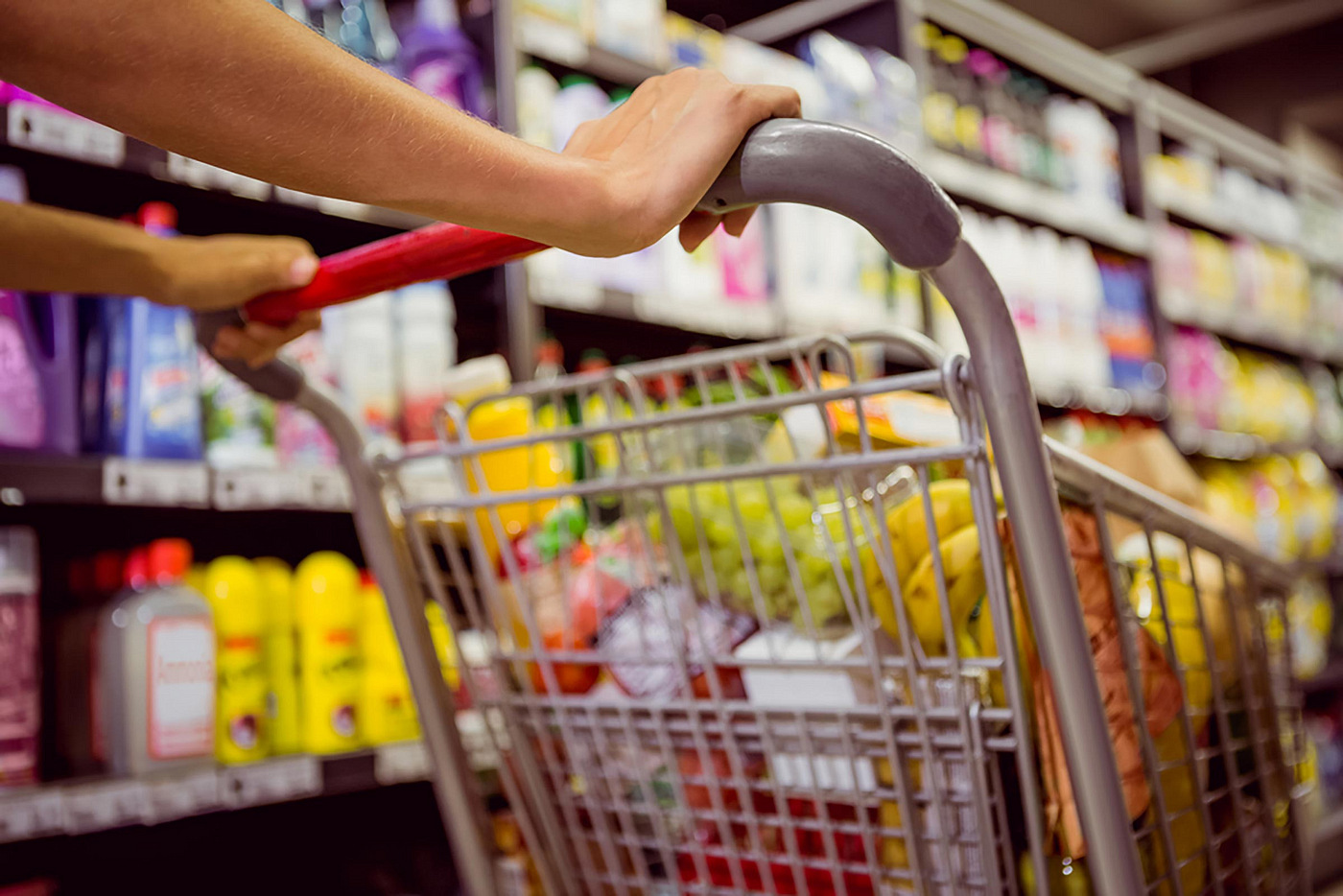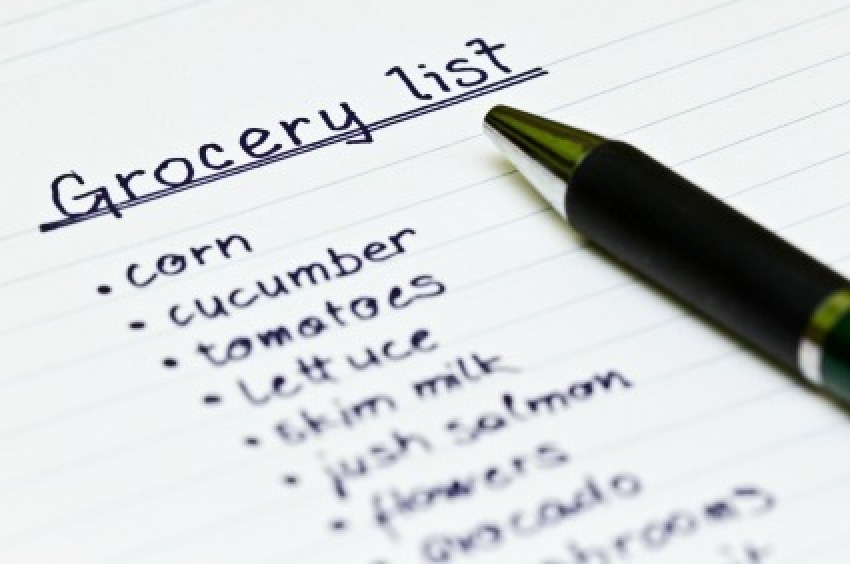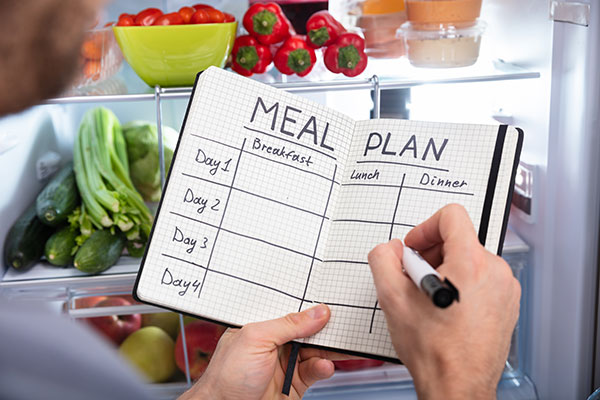Food waste contributes to greenhouse gas emissions and wastes the water and other resources it takes to grow the food.
While the average consumer is not a sizeable environmental polluter compared to large corporations, finding ways to reduce food waste throughout the day can help a person avoid contributing to the problem.
In this article, learn about how to reduce food waste at home, school, and on the go.
1. Avoid buying too much

One of the simplest ways to avoid food waste as a consumer is to buy less. A packed fridge may look appealing, but it may lead to food waste if the household cannot eat all of the food. Taking a couple of shorter trips to the grocery store each week rather than one long trip may prevent people from buying too much food and help cut back on waste.
2. Think twice before throwing food away

While mold is a definite sign that something belongs in the garbage, throwing out foods that are slightly past their prime is not necessary. People can use leftover vegetable scraps to make soup stock. Even stale bread makes toast or breadcrumbs. “Best before” dates can be misleading — if produce still appears fresh and usable, it is usually okay to eat it.
3. Always make a shopping list

Buying foods already in the home can ultimately become another source of waste. Taking an inventory of the food in the house and making a grocery list before going to the store might help people avoid purchasing unnecessary foods and cut back on potential waste.
4. Organizing the kitchen with FIFO

Organizing the fridge and pantry can help people keep track of what they have at home and help them to identify foods that are ready to eat. “FIFO” stands for “first in, first out” and is a helpful way to organize food at home. Many restaurants and grocery stores use this system to reduce waste, too. Placing newly bought foods at the back of the cupboard or fridge will encourage people to use the food in the front row first, ensuring freshness and reducing waste.
5. Make a weekly menu

Making a meal menu for the week may help some people organize their food usage and cut back on waste. Using online tools or cookbooks to help plan out meals for the week can a person compile an accurate shopping list. It may take a few weeks for each household to get the menu right, but having a set weekly menu might help some people reduce the guesswork around meals and avoid wasting food.

